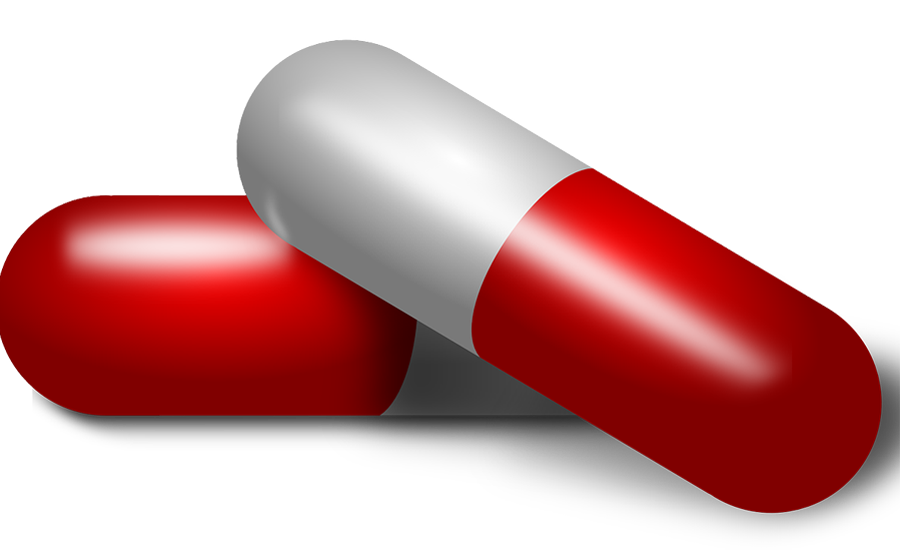
How Safe Are Supplements?
When consumers of the multi-billion dollar dietary supplements industry hear about violations exposed in FDA inspections, they may presume that supplements are regulated in a manner similar to pharmaceuticals, given that the FDA is tasked with regulating both. Control of dietary supplements, in fact, differs significantly from that of prescription and over-the-counter medications in ways consumers should understand.
While drug manufacturers are required to prove the safety and efficacy of a new drug before it may be sold in the U.S., current law does not require the safety of supplements to be proven before they are brought to market. In essence, the FDA regards new drugs as unsafe until they are proven otherwise (through clinical trials with human subjects), but regards new supplements as safe until they are proven otherwise (through reported adverse events and investigations).1
Regulation of the dietary supplement industry was framed with passage of the Dietary Supplement Health and Education Act (DSHEA) in 1994, and expanded through implementation of the good manufacturing practice (GMP) guidelines subsequently introduced. The DSHEA has been variously characterized as “a remarkable achievement” by Utah Senator Orrin Hatch who co-sponsored the legislation, and “one of the worst frauds ever perpetrated on Americans” by David S. Seres, MD, director of medical nutrition and associate professor of medicine at Columbia University Medical Center.2
In a somewhat more measured assessment, Pieter Cohen, MD, assistant professor at Harvard Medical School and internist at the Cambridge Health Alliance, proposes five reforms to the DSHEA he believes would strengthen consumer safety by requiring additional actions by supplement manufacturers and providing additional monitoring and enforcement tools to the FDA. Requiring manufacturers to register every supplement with the FDA would allow the agency to track the market and act promptly against unregistered products, he maintains, and requiring them to use standard manufacturing processes such as those followed by drug manufacturers would ensure that customers get what they expect.
Another reform endorsed by Cohen would close the “structure/function” loophole,3 which currently allows marketers to make claims about a product affecting a normal structure or function in the body without any burden to prove such claims (“calcium builds strong bones”), whereas they may not make a similar-sounding health claim that references a disease (“calcium reduces the risk of osteoporosis”).
Perhaps the most important legislative reform promoted by Cohen addresses what is arguably the biggest deficiency in regulating this industry; namely, the inadequate system of monitoring supplement safety. To detect dangerous supplements, the FDA relies on MedWatch, the online portal clinicians use to voluntarily report adverse events related to drugs, medical devices or supplements. MedWatch is plagued by significant underreporting, particularly when it comes to supplements, which are self-prescribed, with multiple ingredients and frequently inaccurate labeling. MedWatch also falls short in providing clinical advice in the care of affected patients due to the clinicians’ unfamiliarity with supplement ingredients. Because of these deficiencies, MedWatch is rarely successful at detecting clusters of serious adverse effects from supplements, which are far more likely to be identified by local public health departments, the CDC, or the Department of Defense. Cohen proposes that complete ingredient information for every supplement sold in this country be incorporated into databases cooperatively maintained by the FDA and poison control centers, and that all adverse events be reported to the FDA in real time by all key public health organizations.
Another widespread failing of the industry, particularly among smaller manufacturing companies, is compliance with the previously-mentioned current Good Manufacturing Practices (cGMP).4 While medium to large manufacturers have a better track record according to Loren Israelsen, president of the United Natural Products Alliance (UNPA), she acknowledges that smaller companies, many of which outsource manufacturing and function mainly as marketers of the product, struggle with properly establishing product specifications and doing the appropriate testing. Council for Responsible Nutrition (CRN) president and CEO Steve Mister asserts that outsourcing manufacturing does not exempt companies from compliance accountability. With their company name on the product, they are required to determine specifications, limits on contamination, and lot-to-lot consistency with the contract manufacturer. Of the small fraction of companies inspected by the FDA, 60% of them failed to meet the modest cGMP requirements.
If inadequate resources limit the number of inspections carried out by the FDA, the DSHEA, its governing legislation, appears to offer more protection to the industry than consumers. Given that one-half to two-thirds of Americans take a regular supplement, spending more than 30 billion dollars a year, changes to the current regulations seem warranted to strengthen efforts of the federal government to oversee this rapidly-growing industry.
- http://www.fda.gov/ForConsumers/ConsumerUpdates/ucm050803.htm#HowAreSupplementsRegulated
- https://www.statnews.com/2015/11/16/experts-debate-do-we-need-tougher-regulation-of-dietary-supplements/
- http://www.fda.gov/Food/IngredientsPackagingLabeling/LabelingNutrition/ucm2006881.htm
- http://onlinelibrary.wiley.com/doi/10.1002/dta.1892/epdf